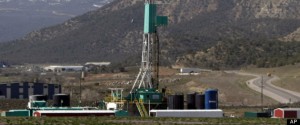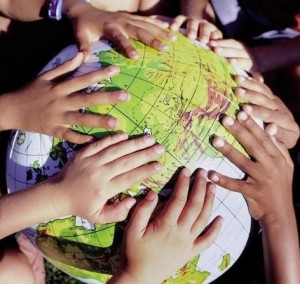Here is a list of 20 sustainability trends that are changing the landscape. We’re keeping our eyes on these…
1. From economic collapse to a green economic recovery. Interest in all things “green” continues to grow as the economy sinks. About 34 percent of people are now more likely to buy environmentally responsible products, and 44 percent say that their environmental shopping habits have not changed during this downturn. Businesses are realizing the ability to minimize costs through environmentally conscious operations.
2. From carbon footprint confusion to footprint awareness. More than half of the global population is aware of the term “carbon footprint,” up from 38 percent in 2007. As this awareness grows, consumers will likely drive the sustainability market by demanding low carbon products.
3. From carbon offset doubt to market development. More companies will continue to offset carbon emissions, with an expected growth in the global carbon offset market of 20 percent in 2009. Despite this prediction, Clownfish hope that there will be a stronger trend for direct reductions rather than offsetting; as the old saying goes, “prevention is better than cure.”
4. From carbon-centric to water-centric. The UK has become obsessed with carbon footprints, but now the term water footprint has entered the corporate vocabulary. About 2.6 billion people have no access to clean water, a problem not isolated to developing countries. Businesses will no longer be able to ignore their water use and efficiency.
Continue reading... →







